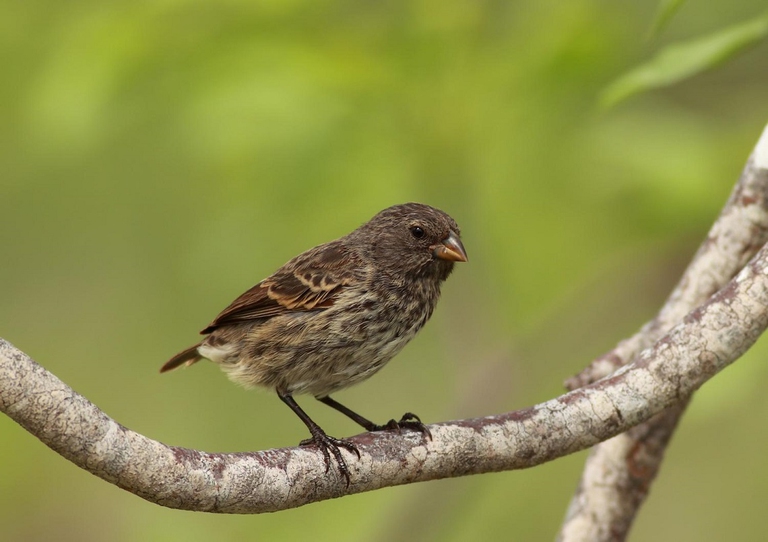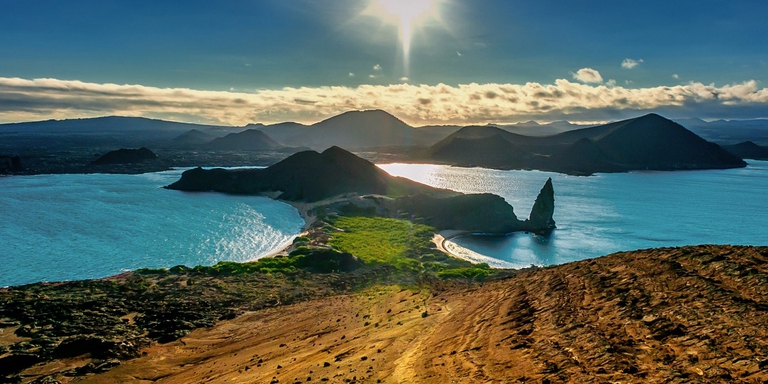
Homecast is a podcast series recorded in quarantine in which creatives from around the world share their lived experiences of these unique circumstances. Creator Giacomo De Poli tells us why this collective diary was needed now more than ever.
La giornata, in ricordo del padre dell’evoluzione, evidenzia l’importanza dei valori della ricerca scientifica e del pensiero razionale.
Charles Darwin was a practicing believer and a student of Theology till he decided, at the age of 22, to board the Beagle brig. That journey changed his life and his conception of “life” itself. Following that experience, Darwin formulated the evolutionary theory, published in his 1859 book On the Origin of Species, according to which all living species evolve through natural selection.
Darwin’s theory revolutionised the idea of the role man plays in the universe, once focused on that each human being was made in God’s image and likeness. Man was thus no longer put on a pedestal, but equalised to other animal species.
The Galapagos Islands turned out to be crucial to the development of the British naturalist’s theory. In the Pacific archipelago he observed 13 different endemic species of finch, later named Darwin’s finches, which were very similar to one another. All these birds evolved from a common ancestor, then rapidly developing their own morphological and ecological characteristics.
Darwin thus hypothesised that a population of an original species migrated from South African coasts to one of the islands, where it evolved to adapt to the new environment, generating new species. According to Darwin, a species evolves in order to adapt to a new ecological niche. This adaptation happens among individuals that have an advantage compared to their counterparts, such as a bigger beak.
On 12 February, the anniversary of the birth of the great British naturalist and biologist, the Darwin Day is celebrated, in order to honour his work and our species’ curiosity that pushes us to wonder about our nature and the surrounding environment. In Great Britain, as well as all over the world, conferences, meetings, debates, and events are organised in order to highlight the values of scientific research and rational thinking.
Siamo anche su WhatsApp. Segui il canale ufficiale LifeGate per restare aggiornata, aggiornato sulle ultime notizie e sulle nostre attività.
![]()
Quest'opera è distribuita con Licenza Creative Commons Attribuzione - Non commerciale - Non opere derivate 4.0 Internazionale.
Homecast is a podcast series recorded in quarantine in which creatives from around the world share their lived experiences of these unique circumstances. Creator Giacomo De Poli tells us why this collective diary was needed now more than ever.
Time magazine’s 100 Women of the Year project sheds light on influential women’s stories, from Amelia Earhart to Greta Thunberg. A selection of some of the greats for International Women’s Day.
Leaving cliches behind, beauty and sexuality in old age are widely unexplored topics. Photographer Arianne Clément tells why she chose to shed light on this universe.
Un violador en tu camino – the rapist is you – is an anthem protesting the impunity of gender-based violence. It began in Chile and has become a global flash mob, bringing people to the streets and resonating all over the world.
The Oxford English Dictionary has chosen “climate emergency” as 2019’s Word of the Year because of its effectiveness in communicating a sense of urgency in the fight against global warming.
Filmmaker Dhondup Wangchen was imprisoned by the Chinese government for his documentary condemning the Tibetan condition. He tells us how he continues to fight for his people even after the traumas faced.
To mark the release of Anthropocene: The Human Epoch, we interviewed photographer and co-director Edward Burtynsky, who told us the story behind the documentary.
Snowflakes can be deceiving. Banksy transformed them from a marker of winter festivities into a symbol of the plague of air pollution in his mural Season’s greetings in Port Talbot, Wales.
Artist Jeff Hong imagined how Disney fairy tales’ characters would live in the real world: the result – or better the ending – is everything but happy.










